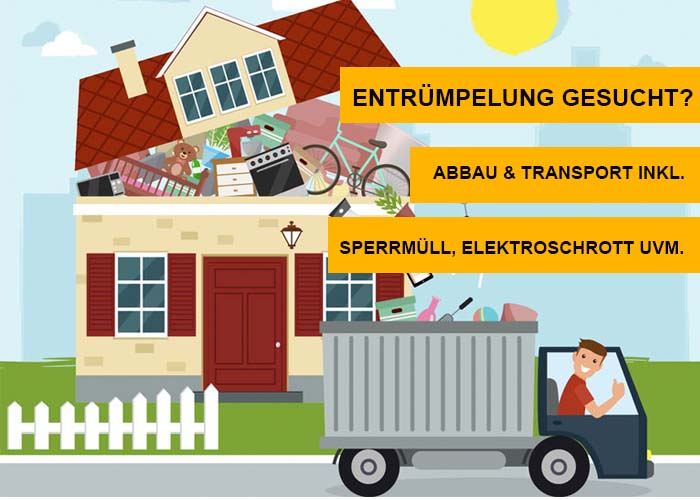If your clean water dilemma is how to Wohnungsentrümpelung Berlin water marks from glass vases, you’re just touching the tip of this iceberg. If your water is clean, should it leave water marks on glass vases?
SECRET: You can clean water marks from glass vases. I don’t guarantee this will work on every vase, and urge you to use these ideas at your own risk, but here they are. Mix equal parts of cold tea with vinegar, and dissolve a denture cleaner tablet in the mixture. Or fill the vase with water and drop in 2 Alka Seltzer tablets. Soak your vase overnight in either solution, rinse, and dry.
The human body is 50 to 70 per cent water, and needs a regular supply of clean water to maintain health. We need clean drinking water. We need clean water for cooking and making beverages. Healthy eating and clean water go hand in hand. We must work to clean water worldwide in order to maintain sufficient sources to supply this need.
If we fail to clean water and keep it clean, we will be shut up to a diet of contaminated food. Not only fish, but other meats, fruits, and vegetables will deliver contamination to us. If we want healthful, clean fish to leap forth from rivers, streams, and oceans, we will have to clean water. If we want healthful, organic produce, we will have to clean water used to irrigate produce.
Clean drinking water is vital to health, yet the UN and the World Health Organization (WHO) report that 1.1 billion people around the globe lack access to clean drinking water. The health consequences are devastating. The UN attributes 2.2 million deaths annually to poor water and sanitation. If we clean water, provide better sanitation, and teach people how to keep water clean, future generations can enjoy longer and healthier lives.
A swimmer in clean water is safe from illnesses and diseases produced by contaminated and toxic water. A surfer does not have to fear swallowing water in a wipe out. Boaters and others who use our water for recreation can relax without concern about pollutants. Yet, 27 years after the passage of the 1972 Clean Water Act, 40% of our rivers, lakes, and estuaries were still too polluted for safe swimming and similar water sports.
As humans, we must consider the needs of fish, whales, water fowl, and other wildlife species that live in water. We must clean water when there are oil spills, of course, but we must also work to clean water flowing into our oceans, lakes, rivers, and streams. We must clean water for wildlife that does not live in the water, but depends on clean water for health and cleanliness.
The emissions involved in producing bottled water are astounding. Pablo Päster, Sustainability Engineer and MBA, did a thorough and exhaustive study of the cost of bringing a single liter of Fiji Water to America. He found that bottlers use nearly seven times as much water to bottle it than you actually drink. The total amount of water used to produce and deliver one bottle of imported water is 6.74 kg! In the process of making the bottle, getting water into the bottle, and delivering it to you, 250g of GHG emissions were released.

